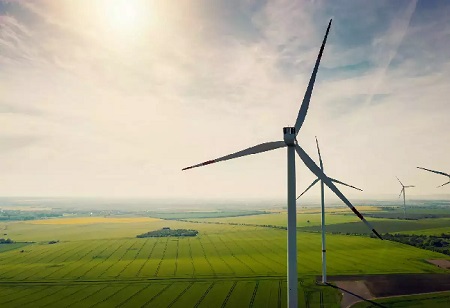
The International Energy Agency (IEA), the International Renewable Energy Agency (IRENA), and the United Nations Climate Change High-Level Champions highlight the need for countries to increase global cooperation on markets and technologies in industries like power, transportation, industry, and agriculture. A report on the adoption of clean technology and sustainable solutions in the industries responsible for more than 60% of the world's greenhouse gas emissions was released ahead of Climate Week NYC. The report provides a series of recommendations aimed at boosting cooperation in areas like financial and technical assistance, market creation, and research and development.
While investments in clean energy technology are increasing, the research adds that industries including steel, hydrogen, and agriculture are taking longer than expected to make the necessary transformations. It claims that by 2023, sales of passenger electric vehicles will account for 18% of all vehicle sales. Initiated at COP26 in Glasgow in 2021, the Breakthrough Agenda has been endorsed by 48 nations, which together account for approximately 80% of the world's economic output. The yearly study seeks to increase the cost-effectiveness, usability, and allure of sustainable solutions across industries.
The paper emphasizes the need for more forceful efforts in aligning policies to build demand for sustainable technology while recognizing advances in financial aid to poor nations and joint research programs. To mobilize greater levels of investment, it advocates for a shift from looser to more formal forms of collaboration, such as coordinating standards and policies. According to IEA Executive Director Fatih Birol, "No country can address the energy and climate issues we confront on its own. The only way we can ensure a seamless transition for everyone is by working together. Francesco La Camera, Director-General of IRENA, noted that renewables constituted nearly half of global power generation in 2022 but emphasized that this pace must triple by 2030 to maintain a 1.5°C target.
We use cookies to ensure you get the best experience on our website. Read more...